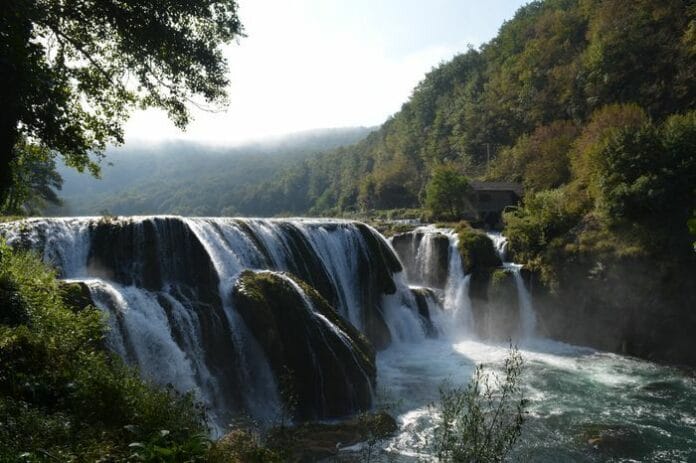Bulgarian Christians resort to assassination as a way to fight back. The Turkish government responds by massacring innocent people, including those who were forced into the revolutionary movement. European Christians are horrified by the brutality of the Turks and show sympathy for the Bulgarian cause. The Bulgarians believe that Macedonia should belong to them. Meanwhile, the Greeks start their own movement. Greek groups and Bulgarian groups clash, resulting in more violence. The Turks, trying to stop the rebellion, send soldiers to kill the revolutionaries and burn the villages that support them. Then, the Turks are criticized for killing Christians. It’s a tragic and confusing situation A Morning in Salonika.
Europe’s Response
In 1902, with the violence growing, Europe decided to take action. They appointed Austria and Russia as “watchdogs.” These two countries, however, did not want peace in the Balkans but hoped to gain territory in any war. Meanwhile, all of Europe criticizes the Turkish government, except for Germany, which stays neutral. The only country on good terms with Turkey at the time is Greece. Greece had wanted the whole region of Macedonia and more, but the Greco-Turkish War had limited their ambitions. Still, Greece tries to prove that Macedonia should belong to them by claiming all Macedonians who are not part of the Bulgarian Church belong to the Greek Orthodox Church.
Religious Tensions Between Greece and Bulgaria
The Bulgarians separated from the Greek Orthodox Church because they felt the Church was trying to make them more Greek rather than respecting their national identity. The split was more about national identity than religious differences. The religious services are almost the same, except for the language. Both churches are more politically motivated than spiritually focused Customized Tour Istanbul.
The Rivalry Between Greek and Bulgarian Movements
The Greek and Bulgarian churches are in conflict. Seeing European sympathy for the Bulgarian cause, the Sultan of Turkey cleverly supports the Greek movement. This caused even more fighting in Macedonia, not against the Turks, but between the Bulgarians and Greeks. The Greeks pushed to convert Orthodox Bulgarians to their Church. This created more violence between Christians and reminded the European powers that there were other Christians in Macedonia besides the Bulgarians. The Turkish government made various agreements with Greece, helping them take control of churches and schools in South Macedonia, all while using Greece as a tool to show that the Turkish government was being restricted by Europe from acting freely.








